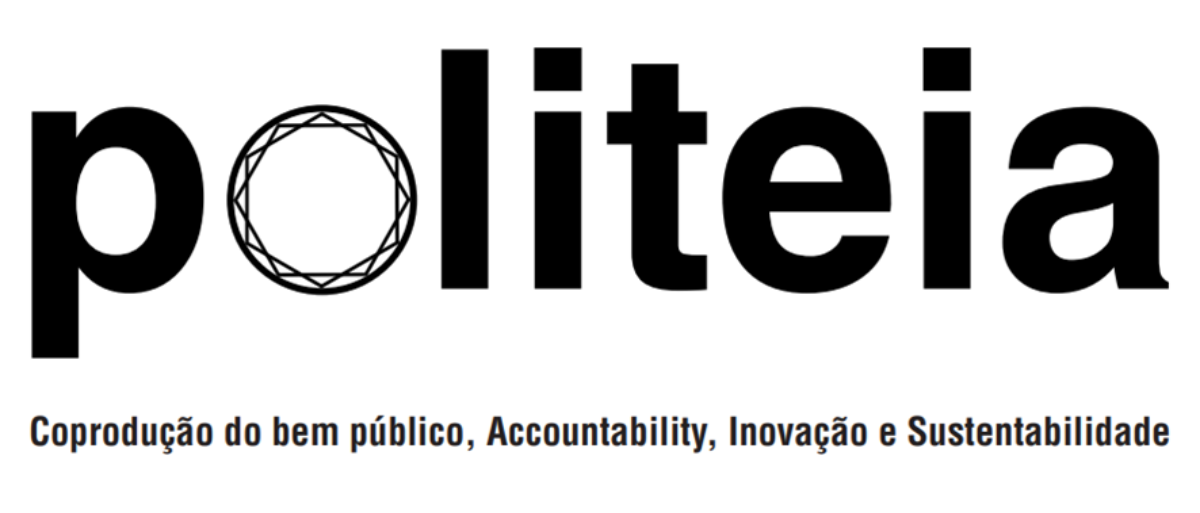Prazo para submissão: 31 de Março de 2016
3rd International Conference on Democratic Governance in the Developing World
Advancing Democratic Governance in the Developing World: The Role of Conflict, Complementarity, and Collaboration in Fostering Democratic Ideals, Practices, and Institutions
Advancing Democratic Governance in the Developing World: The Role of Conflict, Complementarity, and Collaboration in Fostering Democratic Ideals, Practices, and Institutions
Washington, D.C.
July 18-19, 2016
Detalhes em: http://www.maxwell.syr.edu/uploadedFiles/parcc/content-blocks/CFP%203rd%20Conference%20on%20Democratic%20Governance.pdf
Temas:
Temas:
1. Democratic Ideals, Practices, and InstitutionsWhat democratic ideals (e.g., accountability, transparency, integrity) are critical for good governance, and what practices and institutions are most appropriate for enacting them? How might conflict and collaboration support or undermine these ideals, practices, and institutions? How are these ideals, practices and institutions affected by contemporary changes or reforms in governance?
2. Conflict Resolution and Collaboration as Democratic Ideals and PracticesWhat is the relationship between conflict, collaboration, and democracy? How and why might (or might not) conflict resolution and collaboration be important ideals and practices for democratic governance? In what ways and why are conflict and collaboration healthy or unhealthy (constructive or destructive) for democracy? What are some mechanisms and practices for transforming conflict and using collaboration to promote democratic governance?
3. Contextual and Cultural Determinants of Conflict Resolution and CollaborationDo Western norms and ideals about conflict and collaboration transfer to other parts of the world? What cultural norms and values might make such practices context-specific? How do trust and social capital advance conflict resolution and collaboration? How can nations best engage in peace-building and other post-conflict reconstruction efforts? What can we learn from extant cases and examples about what works and what does not?
4. Representation and Participation as Democratic Ideals and PracticesWhat is the role of representation and participation in fostering democratic governance? How do they ameliorate or exacerbate conflict and help or hinder collaborative efforts? What is the significance of racial, gender, caste and class representation and participation for democracy? How can such ideals (representation and participation) be used more effectively to promote democratic governance?
5. The State-Civil Society-Market BalanceWhat is the appropriate State-Civil Society-Market balance in democratic governance, and how can that balance be best struck? What role do civil society, non-profit and non-governmental organizations play in fostering democratic values, institutions, and practices? How can such organizations promote peace and reconciliation, constructive conflict resolution, and productive collaboration? What administrative capacities and resources are needed to manage cross-boundary and cross-sectoral relationships and promote democratic governance?
6. Scenarios of Democratization in the Developing WorldWhat are the most serious challenges to democratic governance facing the developing world? What are root causes of democratic success and failure? What do cross-national comparative studies reveal about the patterns of convergence and divergence in achieving democratic ideals and practices across nations or regions in the developing world? What lessons can be learned in developed nations from advanced democracies?
